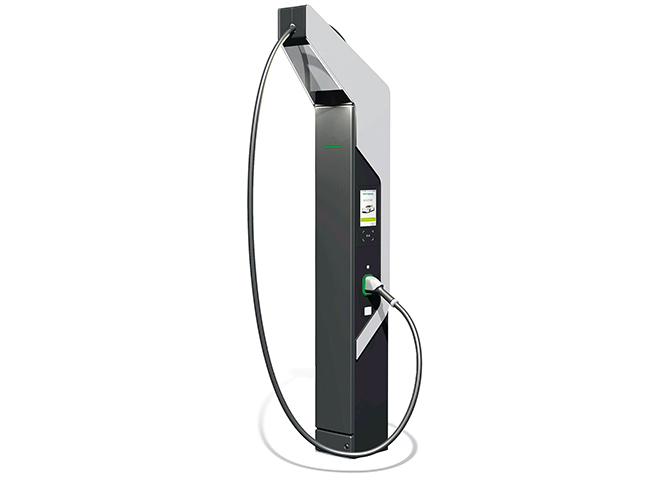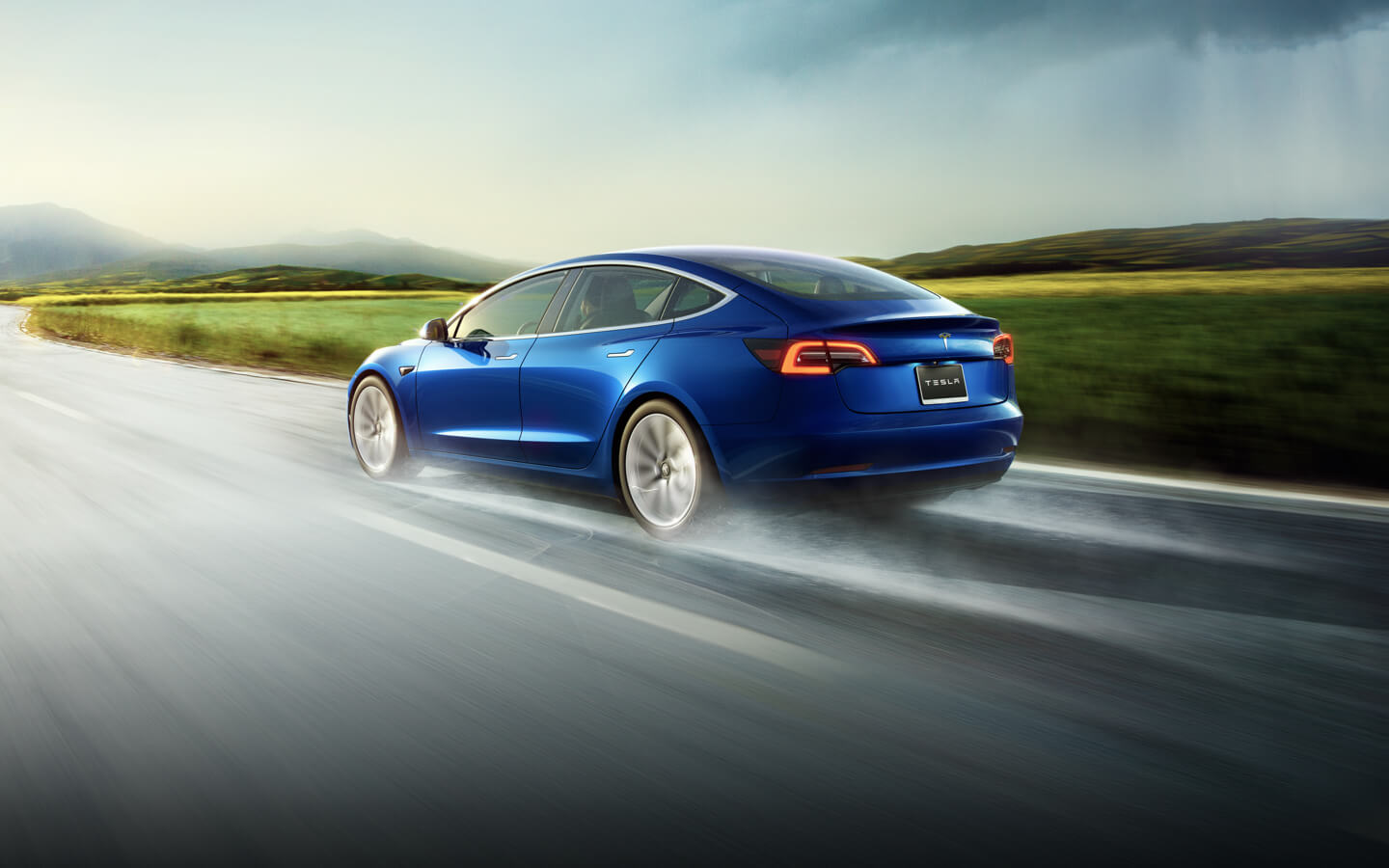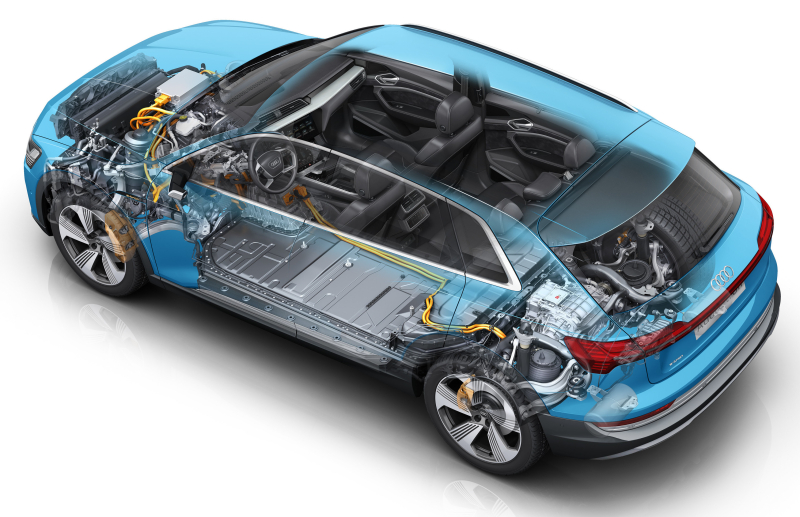In our latest look at the new firmware, we’re now exploring how Tesla Autopilot on Version 9 works: anything from Mad Max mode to path planning and more. We have already gotten interesting looks at the new version 9 firmware user interface on Model 3 and on Model S. Now we’re looking at Tesla Autopilot… Continue reading Tesla Autopilot on Version 9: Mad Max mode, path planning, navigate, and more
Tag: Electric vehicles
SEC charges Tesla CEO Elon Musk with fraud
Kiichiro Sato | AP
Tesla CEO and founder of the Boring Company Elon Musk.
Tesla CEO Elon Musk has been sued by the Securities and Exchange Commission for fraud, according to court documents filed Thursday. Sources close to the company told CNBC the company was also expecting to be sued, though Tesla was not named as a defendant in the complaint.
Shares of the automaker fell roughly 10 percent in extended trading Thursday.
The SEC complaint alleges that Musk issued “false and misleading” statements and failed to properly notify regulators of material company events. The SEC plans to hold a press conference at 5 pm E.T.
In August, Musk tweeted that he was considering taking Tesla private, adding “funding secured.” The tweet spurred a scandal-ridden fall for Tesla and sent the stock see-sawing for weeks.
Musk later explained that he had been in discussions with the Saudi Arabian sovereign wealth fund and felt confident the funding would come through at his proposed price of $420 per share.
The SEC, in its complaint, alleged:
Musk knew that he (1) had not agreed upon any terms for a going-private transaction with the Fund or any other funding source; (2) had no further substantive communications with representatives of the Fund beyond their 30 to 45 minute meeting on July 31; (3) had never discussed a going-private transaction at a share price of $420 with any potential funding source; (4) had not contacted any additional potential strategic investors to assess their interest in participating in a going-private transaction; (5) had not contacted existing Tesla shareholders to assess their interest in remaining invested in Tesla as a private company; (6) had not formally retained any legal or financial advisors to assist with a going-private transaction; (7) had not determined whether retail investors could remain invested in Tesla as a private company; (8) had not determined whether there were restrictions on illiquid holdings by Tesla's institutional investors; and (9) had not determined what regulatory approvals would be required or whether they could be satisfied.
Musk said in an interview with The New York Times that he calculated a take-private price of $420 by rounding $1 up from what would have been a 20 percent upside at the time.
“According to Musk, he calculated the $420 price per share based on a 20% premium over that day's closing share price because he thought 20% was a 'standard premium' in going-private transaction,” the SEC alleged in its suit. “This calculation resulted in a price of $419, and Musk stated that he rounded the price up to $420 because he had recently learned about the number's significance in marijuana culture and thought his girlfriend 'would find it funny, which admittedly is not a great reason to pick a price.'”
In the hours after the initial tweet, Musk doubled down on the proposal in subsequent tweets. The SEC cited those subsequent tweets in the complaint as additional misleading statements.
Musk also failed to properly notify regulators about his plans to take the company private, the complaint alleges.
Tesla's board of directors initially formed a special committee to evaluate the take-private proposal, but Musk ultimately called off the privatization plans on Aug. 24.
Tesla did not immediately respond to request for comment.
Read the lawsuit as filed in the Manhattan District Court below, and download the file here:
This is breaking news. Please check back for updates.
—CNBC's
David Faber
contributed to this report.
Porsche unveils new modular concept for fast charging stations
Porsche has been ahead of the curve on fast charging, developing its own 800-volt charging system, while also participating in cross-brand infrastructure projects including Electrify America and Ionity. Earlier this year, the company announced plans to deploy a network of 500 charging stations in North America in time for the launch of its Taycan EV… Continue reading Porsche unveils new modular concept for fast charging stations
You Can Now Buy A Discounted Tesla Model 3 Demo Car
3 H BY STEVEN LOVEDAY The time has already begun to partake in a used Tesla Model 3. Some of us have been eagerly awaiting the day that we can buy a used Tesla Model 3. While the reality is that it may be years before there is a wealth of used Model 3s at discounted… Continue reading You Can Now Buy A Discounted Tesla Model 3 Demo Car
Dyson Dumps Solid-State Battery Developer Sakti3
3 H BY MARK KANE Dyson writes off investment in Sakti3. It’s been quite some time since British manufacturer Dyson acquired Michigan-based battery startup Sakti3 in 2015 for $90 million, But now, according to the latest media reports, Dyson reviewed the investment (reportedly back in December 2017) and recorded an impairment charge of £46 million (over $60 million). “During… Continue reading Dyson Dumps Solid-State Battery Developer Sakti3
Indian electric vehicle start-up gets angel funding to bolster leadership status
BENGALURU: Electric vehicle start-up Strom Motors (E14 Technologies Pvt Ltd) on Thursday said it has secured angel funding from Indian Angel Network (IAN). The investment would help the Mumbai-based start-up consolidate its leadership position in the technology-enabled mobility industry, setting up product sales, accelerate its geographical expansion and increase its consumer base across markets, a… Continue reading Indian electric vehicle start-up gets angel funding to bolster leadership status
Volkswagen and US elite Stanford University develop a fuel cell for the future
New triple power fuel cell catalyst developed Significant cost reduction with simultaneous increase in performance values The fuel cell is regarded as a serious alternative to the classic electric car with battery cells. However, the biggest problem is the comparatively high cost of the technology. A partnership between Volkswagen and the prestigious Stanford University in… Continue reading Volkswagen and US elite Stanford University develop a fuel cell for the future
Groupe PSA and Punch Powertrain are negotiating terms of a Joint Venture agreement for the Group’s future electrified transmissions
On September 27, Groupe PSA and Punch Powertrain announce their intention to sign a joint venture agreement, named “Punch Powertrain PSA e-transmissions”, to produce the future generation of the electrified transmission (e-DCT), starting in 2022. The Metz plant will have an annual production capacity of 600,000 e-DCTs. In preparation for production, Punch Powertrain will carry… Continue reading Groupe PSA and Punch Powertrain are negotiating terms of a Joint Venture agreement for the Group’s future electrified transmissions
Audi: By 2020 Our Electric Cars Will Fast Charge To 80% In 12 Minutes
2 H BY MARK KANE Audi BEVs will get 350 kW ultra-fast charging Currently, Audi is introducing its first all-electric model – the e-tron – which will be able to charge from 0 to 80% in around 30 minutes. That’s at 150 kW of power, which is industry-leading level for passenger cars. Also, the on-board charging… Continue reading Audi: By 2020 Our Electric Cars Will Fast Charge To 80% In 12 Minutes
IONITY Launches First 10 Ultra-Fast Charging Stations
2 H BY MARK KANE 10 stations ready, 390 more to come. IONITY in Europe proceeds with installations of ultra-fast charging network in a similar time/pace as Electrify America in the U.S. IONITY just completed its 10th station, while Electrify America had 10 in August. The IONITY is a joint venture of BMW Group, Daimler… Continue reading IONITY Launches First 10 Ultra-Fast Charging Stations




